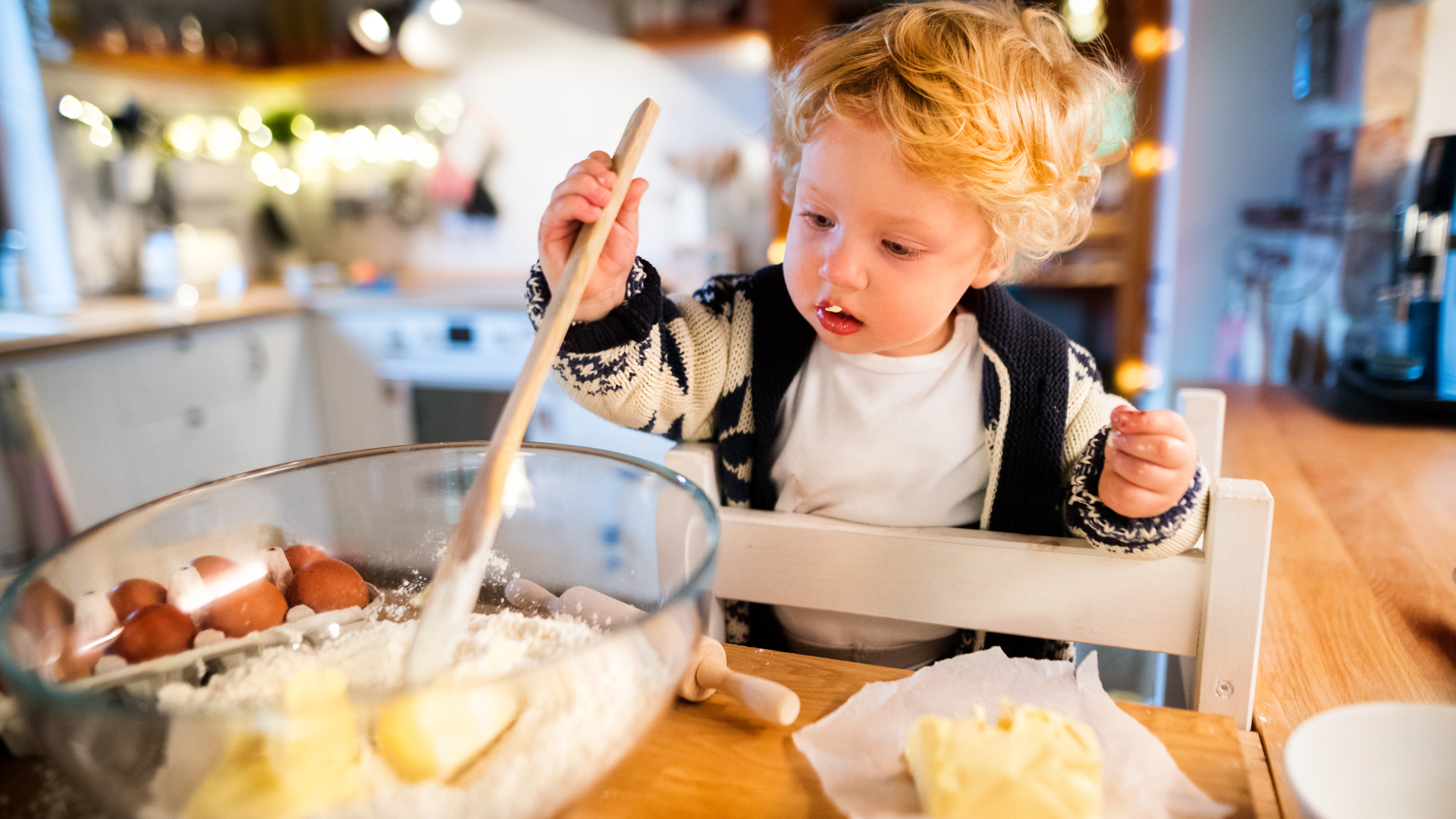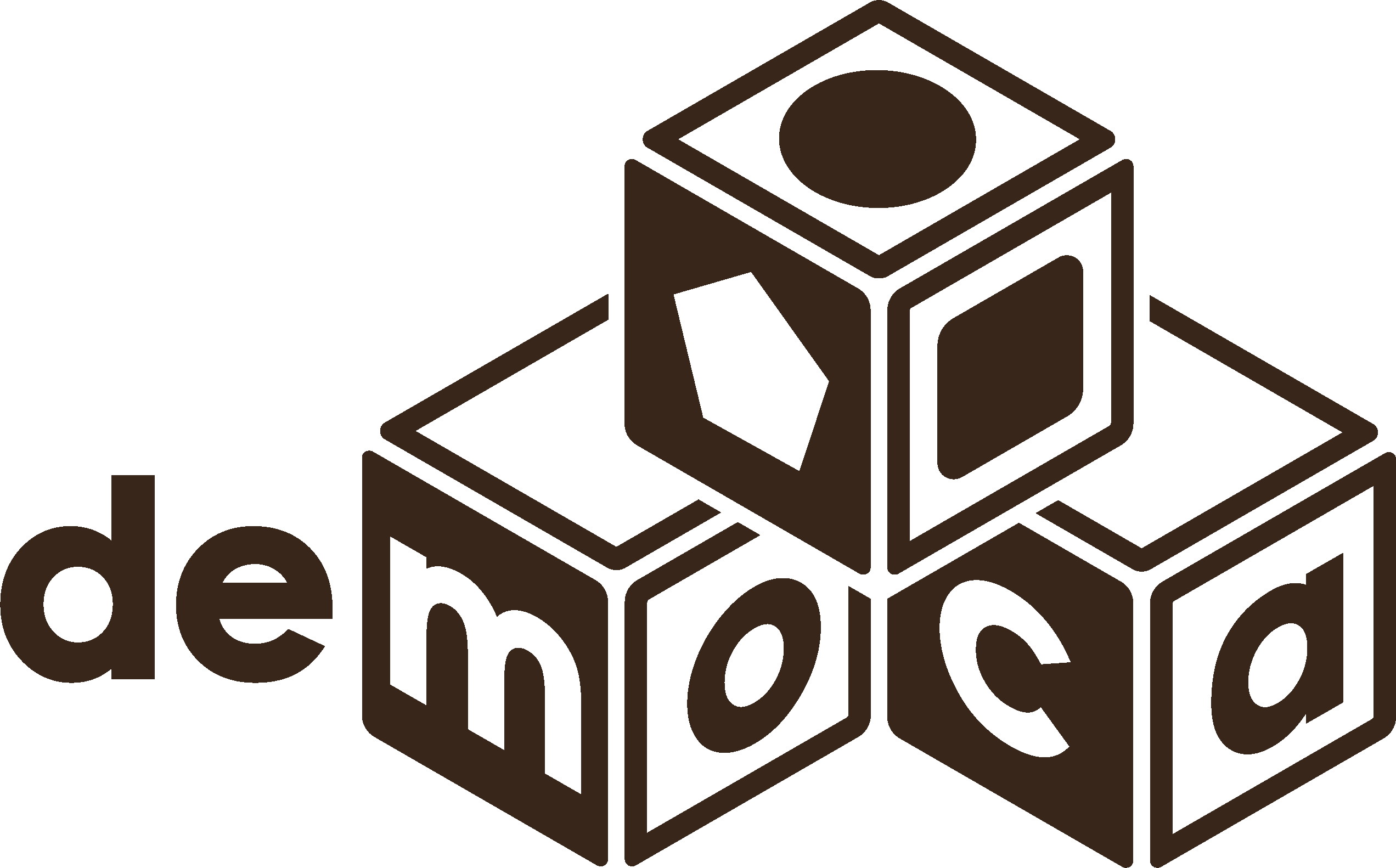
Montessori Practical Life Activities for Kids to do at Home - 2023 Updates!
Jan 19 , 2023
The Montessori approach emphasizes self-directed learning and hands-on activities. In a Montessori home, parents can create a practical life area that includes activities such as pouring, sweeping, and folding laundry, to help children develop independence, coordination, and concentration. To support children's development, parents can also incorporate other Montessori principles, such as providing a child-centered environment and allowing choice and freedom within limits. It is important to note that Montessori education can be applied to children of all ages, from infancy to adolescence, and it's not limited to homeschooling or homes alone. Adapting the approach to the child's age and development stage is essential.
For newborns and infants,
the Montessori approach focuses on creating a nurturing and stimulating environment that supports their physical, cognitive, and emotional development. Some practical life activities that can be incorporated into the home environment for newborns and infants include:
- Sensory activities: Provide a variety of textures and materials for the baby to explore with their hands and mouth, such as soft blankets, stuffed animals, and wooden blocks.
- Movement activities: Allow little ones to move freely and explore their environment, such as placing them on a mat to kick and reach for toys or providing a mobile for them to look at.
- Care activities: Involving the baby in simple activities such as changing their diapers or dressing them helps them develop a sense of order and independence.
- Language and communication: Talking and singing to the baby, reading to them, and responding to their vocalizations and movements to foster their language and communication development.
For 3-year-old toddlers,
the Montessori approach provides opportunities for them to explore and learn through hands-on activities and independent play. Some practical life activities that can be incorporated into the home environment for 3-year-old toddlers include:
- Care activities: Encourage the child to participate in simple care activities such as dressing themselves, brushing their teeth, and washing their hands.
- Movement activities: Providing opportunities for the child to develop their gross motor skills through climbing, running, and jumping.
- Sensory activities: Set up a sensory table with different materials for the child to explore, such as sand, water, and rice.
- Practical skills: Introducing practical skills such as sweeping, pouring, and folding laundry.
- Cooking and food preparation: Involving the child in simple cooking and food preparation tasks such as mixing ingredients, measuring, and pouring.
- Language and communication: Encouraging the child to express themselves through talking, drawing, and writing, reading to them, and responding to their questions and interests.
The Montessori approach is child-centered, and observing the child and adapting the activities to their interests, skills, and development stage is essential.
For 6-year-old children,
the Montessori approach provides opportunities for them to develop independence, concentration, and self-motivation through hands-on activities and independent work. Some practical life activities that can be incorporated into the home environment for 6-year-old children include:
- Care activities: Encouraging the child to take responsibility for their own care, such as making their own bed, setting the table, and cleaning up after themselves.
- Practical skills: Teaching the child practical skills such as sewing, gardening, and woodworking.
- Cooking and food preparation: Involving kids in more complex cooking and food preparation tasks such as following recipes, measuring ingredients, and using kitchen tools safely.
- Movement activities: Encouraging to engage in physical activities such as cycling, swimming, and climbing.
- Language and communication: Motivating children to read, write and express themselves through different forms of language and communication, such as oral, written, and sign language.
- Science and Math: Introducing concrete materials to help them understand mathematical and scientific concepts such as counting, measuring, and sorting.
Practicing Montessori from early years encourages children to take ownership of their learning process and autonomy in choosing their activities and work.
